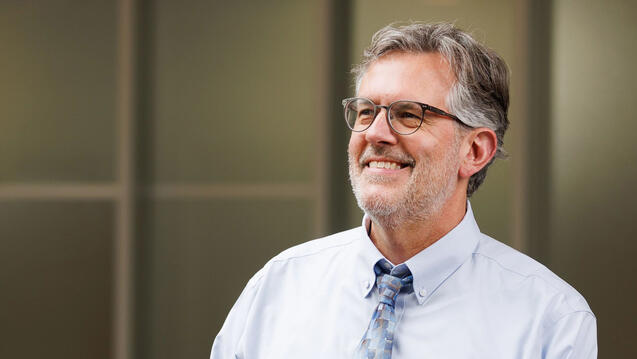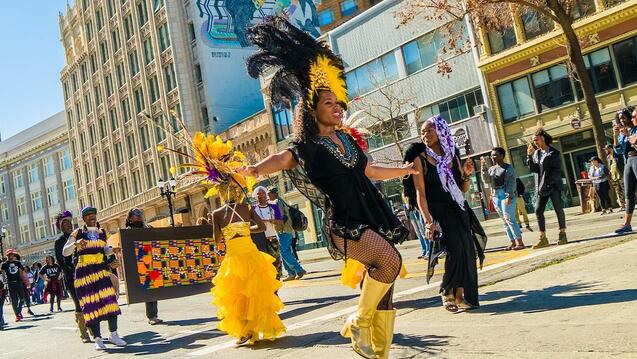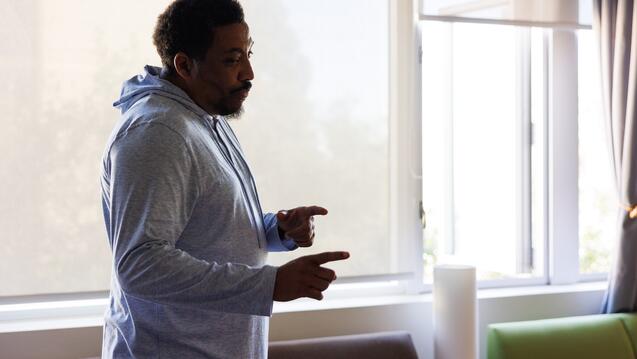USF Alumna Leads National Discussion on Race

Lauretta Charlton ‘05 is an editor on the national desk of The New York Times and the writer/editor of the Times’ Race/Related weekly newsletter. Her great-great grandfather, Charles Charlton, a freed slave, in 1874 established the first school for black students in Texas. Charlton, who majored in English literature at USF, talks about the past and present of racism in America.
Do you remember when you first became aware of race?
My first experience acknowledging race was a positive one. I grew up in a household where there were lots of symbols of African American excellence and also excellence within the African diaspora. We were encouraged to know who we were. So, my first experience acknowledging race was a positive one. It was about being proud of your identity and being proud of the achievements of African-Americans and being aware of those accomplishments and the possibility of what you could do.
When it comes to parents and parenting, what would you like to see more of to reduce racism?
Often I think it’s being willing to expose your children to different cultures, different people who don’t look like them — maybe they don't even share their same values. We just have to take more risks.
You’ve said, “It’s like Americans suffer from a particular form of amnesia, especially when it comes to racism.” Can you name an example of that amnesia that’s been especially harmful?
[The New York Times] did a package of stories reflecting on the five-year anniversary of the shooting of an unarmed black teenager by a white police officer in Ferguson, Missouri, and the Black Lives Matter movement. That moment was so explosive, but we still haven’t really been able to synthesize what it meant. We obviously have body cameras and calls for more accountability and more calls for social justice. But given how monumental that moment felt, I do think some of that has already dissipated in our collective memory. There is this sense of, OK, that happened, but now what? You have to wonder what we did with all of that energy and what we did with all of that soul searching as a country.
You’ve said that when we ignore racism, violence, and injustice, they don’t go away. Do you have a sense that your newsletter has helped reduce those things?
What I think that the newsletter does — and I’m very grateful for subscribers for participating in this — they share their memory and they share their trauma and they share their sense of guilt and they share their sense of healing. And I think that speaks to this problem of amnesia. A lot of it is unprocessed, a lot of it we don’t talk about. And as a consequence, I get hundreds and hundreds of very candid emails from our readers talking about the way they experience racism. I’m always so moved by those letters and how open people are and how willing they are to talk about either being on the receiving end of racism or observing it and not doing anything about it. I’m happy to provide an opportunity for people to reflect.


